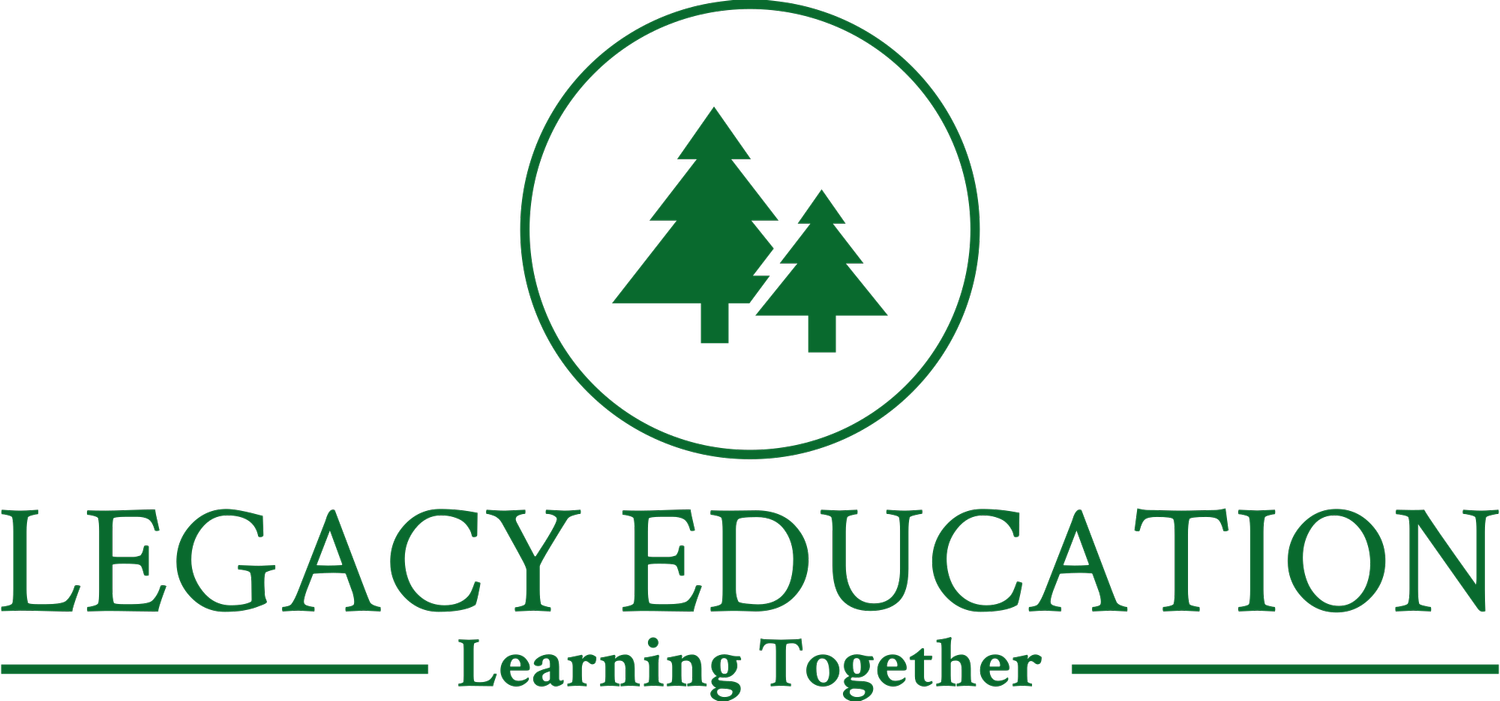Re-skilling Children for the AI Jungle
A Call to Action for Teachers, School Leaders, and Families
In an era where artificial intelligence (AI) is reshaping industries, education, and the very fabric of society, reskilling children has become an urgent priority. Schools, families, and communities must work together to prepare the next generation for a future where AI is integral to nearly every profession. The workforce of tomorrow demands not only traditional academic skills but also advanced digital literacy, problem-solving abilities, and ethical understanding of AI technologies. This article explores how teachers, school leaders, and families can collaborate to equip children with the skills necessary to thrive in the AI age.
The Need for Reskilling: A Shifting Landscape
According to a report by the World Economic Forum, 65% of children entering primary school today will eventually work in jobs that do not yet exist. The same report highlights that AI and automation will significantly disrupt existing jobs, requiring workers to constantly adapt and learn new skills throughout their careers. This shift places an unprecedented burden on educators and families to foster an environment where children can develop critical skills such as computational thinking, creativity, and collaboration.
The Brookings Institution underscores the importance of preparing children for this future, noting that "the traditional education system, focused on rote memorization and standardization, is not enough to prepare students for the complex and ever-changing demands of the AI-powered world." Instead, schools must incorporate curriculum changes that emphasize coding, data literacy, AI ethics, and creative problem-solving.
The Role of Teachers and Schools: Pioneering the Shift
Teachers play a critical role in leading this transformation. Schools need to adopt a forward-thinking curriculum that integrates AI concepts across subjects, much like Finland’s education system, where AI and computational thinking are embedded into various courses. By doing so, educators can break the misconception that AI is only relevant to math and science. AI's applications span every industry, including the arts, healthcare, and even environmental science. Cross-curricular approaches help students see the connections between AI and their everyday lives.
One promising initiative is MIT’s AI + Ethics Curriculum for Middle School, which teaches students the basics of AI while engaging them in discussions about its societal impacts. These programs demonstrate the importance of not just teaching technical skills but also fostering a deep understanding of AI's ethical dimensions. As AI becomes more embedded in our daily routines, questions around data privacy, algorithmic bias, and the ethical use of technology are becoming central to education.
Supporting Families: Collaborative Reskilling at Home
Families also play an essential role in preparing children for the AI age. Parents must be empowered to support learning at home, particularly since much of children's interaction with AI happens outside of school—through voice assistants, recommendation algorithms, and smart devices. Encouraging curiosity and fostering a growth mindset can help children approach AI with excitement rather than fear.
Reshma Saujani, founder of Girls Who Code, emphasize the importance of family involvement in encouraging girls and underrepresented minorities to explore AI and coding. By making AI learning accessible and fun, parents can help break down gender and racial barriers in the tech field. Saujani’s advocacy highlights that closing the diversity gap in AI starts at home, with inclusive early education and parent support.
The Ethical and Social Dimensions: Educating for a Just AI Future
In addition to technical reskilling, it is crucial to teach students about the societal implications of AI. The Future of Life Institute has been vocal about the need for AI literacy, not just for developing a workforce but for cultivating informed citizens who can critically engage with the technology shaping their world. As teachers, school leaders, and families, we must ensure that students learn not only how to use AI but also understand its potential risks—such as job displacement, data security, and bias in machine learning models.
Schools can incorporate discussions around AI's societal impacts in ethics and social studies classes, fostering students' abilities to think critically about technology and its effects on society. As Harvard’s Berkman Klein Center emphasizes, ethical AI education is essential in creating a generation that can wield AI responsibly.
Conclusion: The Collaborative Path Forward
The AI age is not a distant future—it’s here. Preparing children for this reality is a shared responsibility across schools, homes, and communities. Teachers need to adopt an AI-driven curriculum, school leaders must invest in ongoing professional development, and families must encourage curiosity and digital literacy at home.
Andreas Schleicher of the OECD argues that "the most successful education systems will be those that can balance technological change with humanity." By prioritizing the reskilling of children in AI-related competencies and ethics, we can create a generation of lifelong learners equipped to navigate the opportunities and challenges of the AI age.
As we look to the future, this collaborative approach will not only benefit children but also foster a more equitable, innovative, and just society. Let’s make reskilling for the AI age a shared mission—one that transforms the way we educate, empower, and envision the future of learning.




